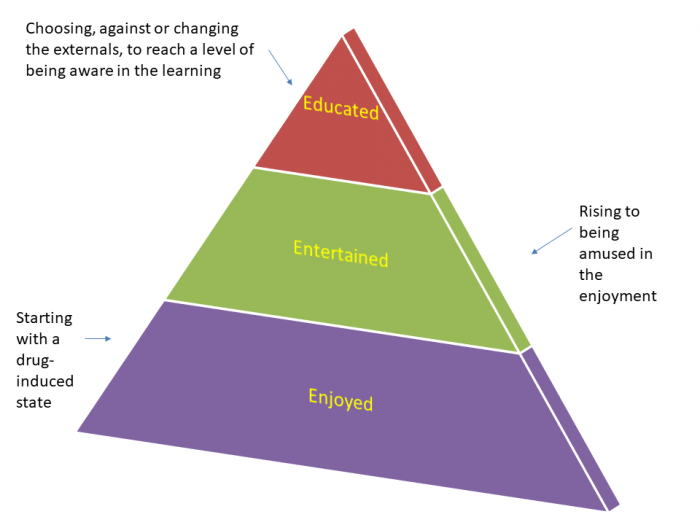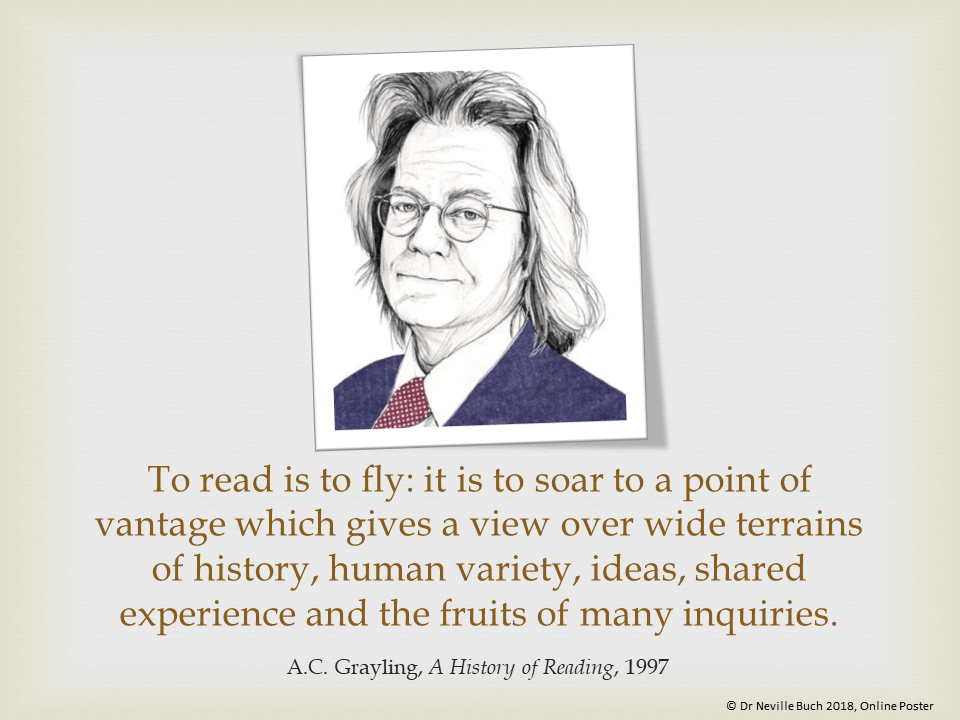The first in a series of articles about how today’s traditional-age college students experience the world — and how it affects their education.
Theresa MacPhail is a pragmatist. In her 15 years of teaching, as the number of students who complete their reading assignments has steadily declined, she has adapted. She began assigning fewer readings, then fewer still. Less is more, she reasoned. She would focus on the readings that mattered most and were interesting to them.
For a while, that seemed to work. But then things started to take a turn for the worse. Most students still weren’t doing the reading. And when they were, more and more struggled to understand it. Some simply gave up. Their distraction levels went “through the roof,” MacPhail said. They had trouble following her instructions. And sometimes, students said her expectations — such as writing a final research paper with at least 25 sources — were unreasonable.
So, goes the reading of the opening paragraphs in Beth McMurtrie’s Is This The End of Reading? The Chronicle of Higher Education, MAY 9, 2024. The problem may have different elements but it does appear to come down to the issue of the entertainment mindset: a refusal to actually learn for a drug-like need to be entertain:
“If you make it easier, and go over what they should have read in class, students will participate. But then what are you doing, other than entertaining?”

Buch’s Pyramid Of Social Personal Development 700×525
It might be a waste of time to share this message with those who are actually reading what I am saying here. The persons who are caught up in the entertainment mindset, or drugged out their brain, are the persons who need assistance in changing their habits. There are many different guides to the practice of reading, some with substantive theory and other articles to be read with weak theoretical reading. In the References below are a selection of the reading, and the quality of the reading for each article I will leave up to the reader. As for Jennifer Rowsell and Anne Burke (2009), there are different types of learners when it comes to readers. Allow me to demonstrate one case of a misreading from one type of a poor learner, from Richard Cimino and Christopher Smith (2007).
Their primary and key message is:
“In conclusion, the secular humanist and atheist patterns of interaction and conflict discussed in this article suggest that these freethinkers’ hopes and visions of a secular America have been of little use in sustaining an identity within a highly religious (though pluralistic) society. In fact, the real and imagined culture wars and the forging of a subcultural identity may turn out to benefit the secular humanist movement far more than the much hoped for eclipse of faith and dawn of a humanist twenty-first century.” (2007: 424).
As the philosophical state of affairs within the United States, Richard Cimino and Christopher Smith (2007) have read correctly. As understanding global humanism, Cimino and Smith are very incorrect, dead wrong, and I can think of stronger language. The whole article is dominated by an American cultural way of thinking, I call the “American Revivalist Tradition” (ART). As the correct state of affairs Richard Cimino and Christopher Smith claim (2007: 407) for humanism:
- creating a niche for secular humanism among the unchurched and “secular seekers”;
- mimicking and adaping various aspects of evangelicalism, even as they target this movement as their main antagonist; and
- making use of minority discourse and identity politics.
Now, the reading mindset is entertainment for Richard Cimino and Christopher Smith because they get enjoyment out of the American cultural way of thinking. For global humanism, their ideals of Americanised humanism, makes humanists sick to the core. The American thinkers reject niches and “finding a place at the table.” Rather what they want is for “secularism to become a dominant force in the United States” and they are decrying the failure against compassionate and kind strategies (407).
The cultural and reading attitude is what A.C. Grayling rejects in the quote, but, more than that, it teaches how to read:
” To read is to fly: it is to soar to a point of vantage which gives a view over wide terrains of history, human variety, ideas, shared experience and the fruits of many inquiries “
REFERENCE
Cimino, R., & Smith, C. (2007). Secular Humanism and Atheism beyond Progressive Secularism. Sociology of Religion, 68(4), 407–424. http://www.jstor.org/stable/20453183

Slide 026. Grayling On Reading
Neville Buch
Latest posts by Neville Buch (see all)
- Cognition Histories and Sociology in The United States. No. 1 - November 18, 2024
- To the new Queensland Minister for Education and the Arts - November 16, 2024
- Conversations with, and Between, Queensland Elites - November 16, 2024
